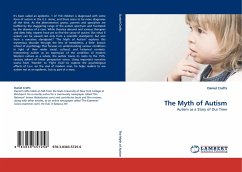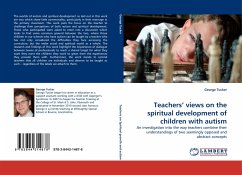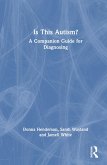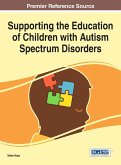It's been called an epidemic. 1 of 150 children is diagnosed with some form of autism in the U.S. alone, and there seem to be more diagnoses all the time. As the phenomenon grows, parents and specialists are baffled by the staggering range of the autism spectrum and frustrated by the absence of a cure. While theories abound and various therapies and diets help, experts have yet to find the cause of autism. But what if autism can be viewed not only from a scientific standpoint, but also from a narrative standpoint? "The Myth of Autism" explores this mysterious disorder through the lens of metabletics, a little- known school of psychology that focuses on understanding various conditions in light of their wider social, cultural, and historical contexts. Interpreting autism as an expression of the condition of modern Western culture as a whole, the author traces its roots to the 15th-century advent of linear perspective vision. Using important narrative works--from "Hamlet" to "FightClub"--to explore the psychological effects of l.p.v. on the soul of modern man, he helps readers to see autism not as an epidemic, but as part of a story.
Bitte wählen Sie Ihr Anliegen aus.
Rechnungen
Retourenschein anfordern
Bestellstatus
Storno








